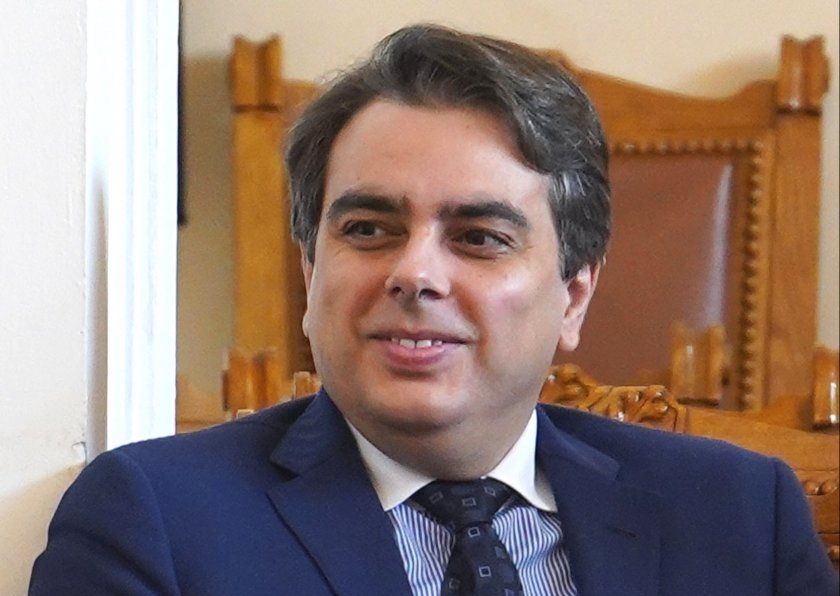Minimal growth of transaction revenues in the country with record inflation
They did not fulfill the promises of billions
–
Retired Finance Minister Asen Vassilev failed to collect VAT from transactions in the country, financial experts who wished to remain anonymous commented. VAT revenues in the state treasury from January to June amounted to BGN 4.191 billion and increased by BGN 102.3 million (+2.5%) compared to the same period of the previous year.
Growth in VAT revenue by 2.5% with record inflation of 16.9% is not at all a good result, financiers commented.
For comparison, at the end of June last year, VAT revenues were increased by BGN 641.1 million (+18.6%), while annual inflation was only 2.7%. Until June last year, VAT revenues grew 6-7 times faster than inflation, and now the situation is reversed – inflation is 6-7 times higher than the growth of VAT revenues. This could be due to a huge drop in consumption or an increase in the gray sector in the economy, financiers commented.
However, according to the latest data of the NSI, the turnover in the retail trade, after accounting for inflation, increased by 5 percent on an annual basis. There is an increase in sales in all spheres of the economy, with the exception of trade in household appliances and furniture, where there is a decrease of 1.8%.
As people want to protect their money from inflation, purchases of new homes, as well as new cars and new imports from Western European countries are on the rise. This should lead to an increase in VAT revenues. Household bills are also higher than last year, where it is assumed that the large utility service providers conscientiously pay the VAT due. Even if some people use their cars less often, due to the increase in the price of petrol and diesel, most people pay more for fuel than last year, which should also lead to a significant increase in VAT revenue.
It turns out that the increase in VAT receipts from transactions in the country by only 2.5% with record inflation can only mean an increase in the gray sector of the economy. When they came to power, the PP explained how they would increase revenues in the treasury by billions, but in reality the gray sector in the economy is even growing.
We will pay higher interest rates
Slowed down the taking of external debt
Due to the resignation of the Minister of Finance Asen Vassilev, Bulgaria will pay significantly higher interest rates on the foreign debt. At the beginning of 2023, BGN 2.2 billion will be paid due to the maturity of Eurobonds. Asen Vasilev, however, missed the opportunity to issue new government debt while interest rates were still negative. Now that the European Central Bank has started raising key interest rates, investors will want a higher yield for any Bulgarian bond issue. Which means that when new government debt is released by Bulgaria on the international markets, investors will pay a lower price for the bonds and demand higher interest rates. The new debt will have to be issued by the caretaker government or the next regular cabinet
–


